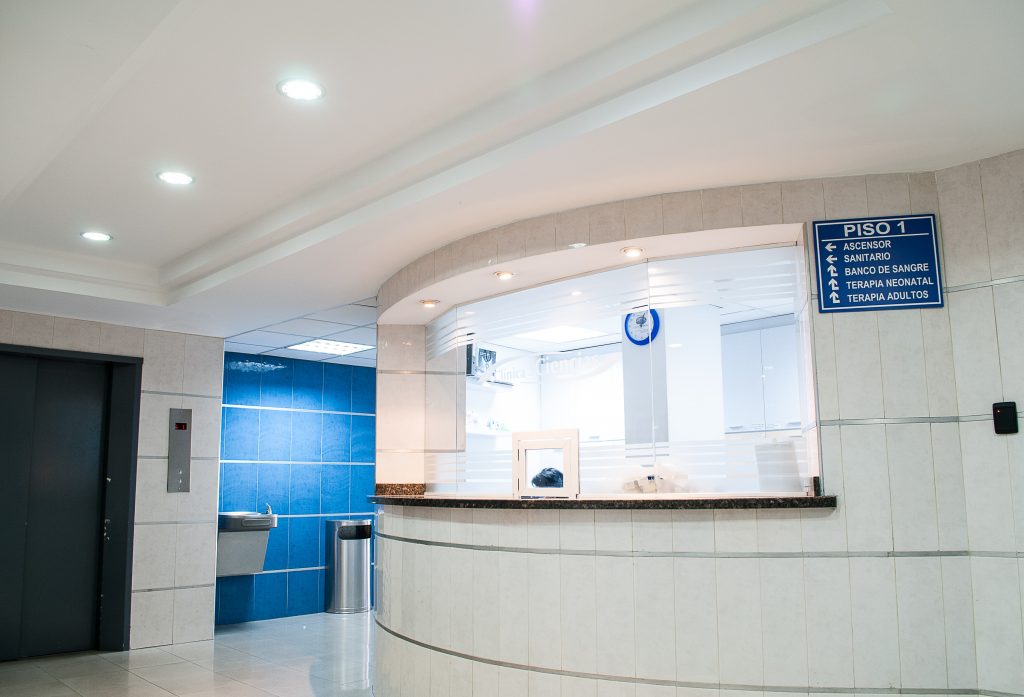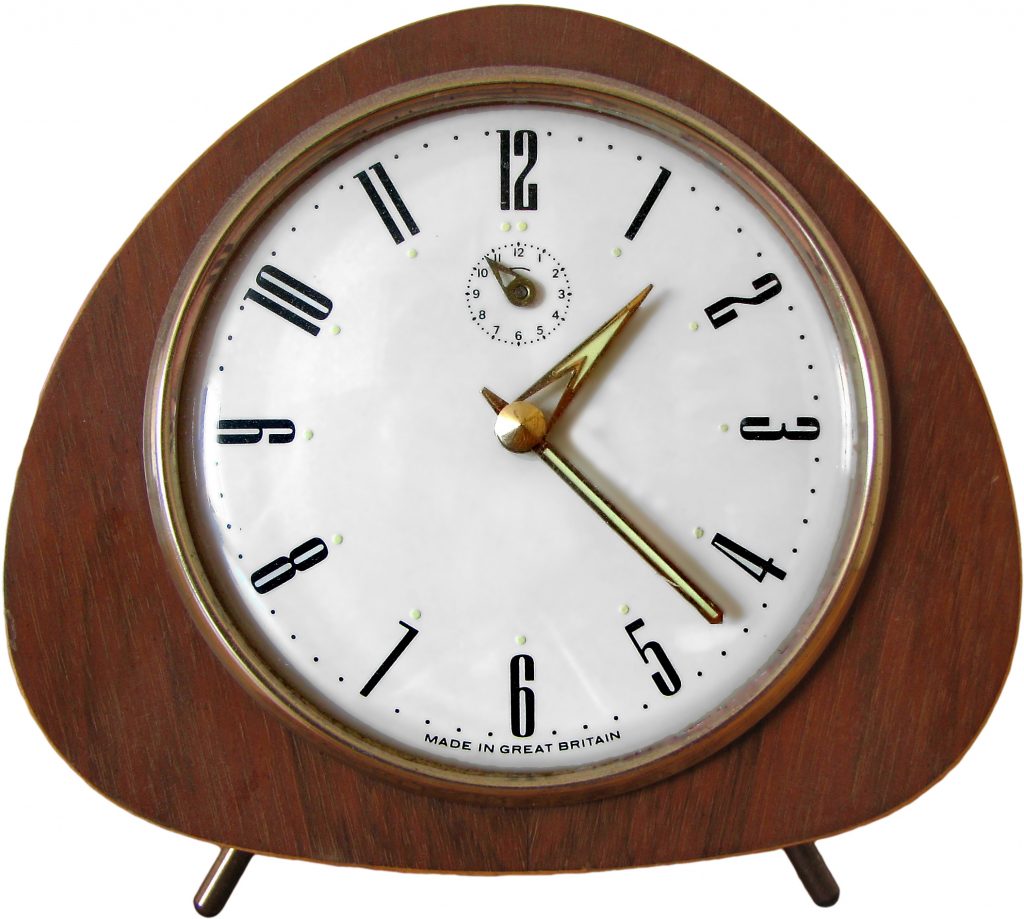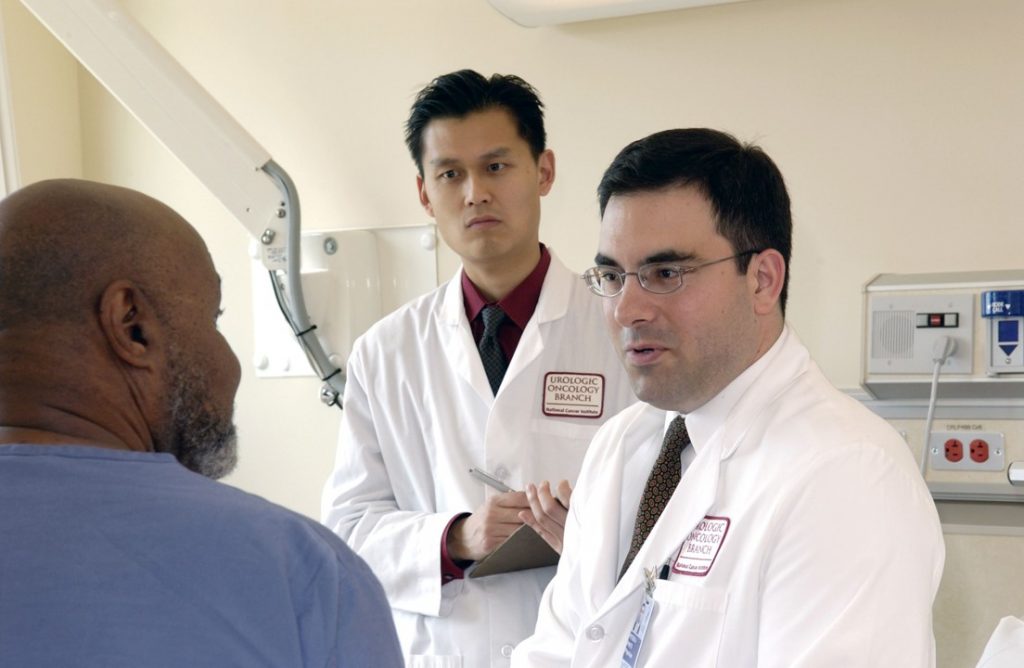 In Louisiana, if someone does work to your home and you find the work to have been completed unsatisfactorily, you have a one-year prescription period to bring the issue to court. However, what does one do if problems from this work do not appear right away? Considering the statute that allows a one-year prescription period at the first notice of damage, what exactly is noticing damage? Is it formally reporting the issue or simply remarking on an observation? The Louisiana Fifth Circuit Court of Appeals recently decided a case on appeal from Jefferson Parish that answered such questions.
In Louisiana, if someone does work to your home and you find the work to have been completed unsatisfactorily, you have a one-year prescription period to bring the issue to court. However, what does one do if problems from this work do not appear right away? Considering the statute that allows a one-year prescription period at the first notice of damage, what exactly is noticing damage? Is it formally reporting the issue or simply remarking on an observation? The Louisiana Fifth Circuit Court of Appeals recently decided a case on appeal from Jefferson Parish that answered such questions.
In early 2010, Carlos Caballero Castro contacted Omar Oceguera from Triple OH Shoring, Inc. about fixing the elevation of the Caballero home. Mr. Oceguera recommended Keystone Custom Homes, LLC to Mr. Caballero, and as a result Mr. Caballero made a deal with Keystone to fix the elevation of the Caballero home. However, Mr. Oceguera would remain the general contractor of the project – he would design the foundation plan and Keystone would implement the plan. The work was completed on the home on November 20, 2010 and at the time the work was completed Mr. Caballero said the job was well done.
In January 2011, Mr. Caballero decided to build a deck on the back of his house. When he began to build the deck, he noticed there was two-inch dip in the slab – at the time Mr. Caballero rationalized the dip to simply be either the house settling or evidence of poor craftsmanship. However, Mr. Caballero stated that there was no apparent damage to his home at that time. A few days later, Mr. Caballero decided to call Keystone and inform them of the dip. He also told Keystone that since the work had been completed he and his family has heard popping noises, but that he thought these noises were a normal byproduct of the house setting.
 Louisiana Personal Injury Lawyer Blog
Louisiana Personal Injury Lawyer Blog


 Arbitration is a matter of contract. Parties to an arbitration agreement contract on matters they agree to submit to arbitration. That agreement defines the extent to which the parties are subject to the authority of arbitrator, and such authority corresponds to the boundaries set in the agreement. This case is an example of an attempt to enlarge those boundaries and of the consequences of such attempt.
Arbitration is a matter of contract. Parties to an arbitration agreement contract on matters they agree to submit to arbitration. That agreement defines the extent to which the parties are subject to the authority of arbitrator, and such authority corresponds to the boundaries set in the agreement. This case is an example of an attempt to enlarge those boundaries and of the consequences of such attempt. What would it take for an appellate court to overturn an award of damages? According to the Louisiana 3rd Circuit Court of Appeal, the bar is set high and very rarely does an award for damages get overturned as long as it’s reasonable. Lafayette Motors employed Mr. Menard as a service advisor. In August 2003, Dr. Stroy came to Lafayette Motors to obtain a copy of the repair estimate for his wife’s car. While Menard made a copy of the estimate, the shop manager instructed Menard not to give the estimate to Dr. Stroy. Menard crumpled up the estimate to place it in the trash; however his right wrist was grabbed and twisted by Dr. Stroy. Dr. Story proceeded to take the estimate and leave the premises with it. Menard had injuries to his wrist and arm and was later diagnosed with tendinitis by an orthopedic surgeon. Almost ten years later, Menard testified he still had pain in his wrist.
What would it take for an appellate court to overturn an award of damages? According to the Louisiana 3rd Circuit Court of Appeal, the bar is set high and very rarely does an award for damages get overturned as long as it’s reasonable. Lafayette Motors employed Mr. Menard as a service advisor. In August 2003, Dr. Stroy came to Lafayette Motors to obtain a copy of the repair estimate for his wife’s car. While Menard made a copy of the estimate, the shop manager instructed Menard not to give the estimate to Dr. Stroy. Menard crumpled up the estimate to place it in the trash; however his right wrist was grabbed and twisted by Dr. Stroy. Dr. Story proceeded to take the estimate and leave the premises with it. Menard had injuries to his wrist and arm and was later diagnosed with tendinitis by an orthopedic surgeon. Almost ten years later, Menard testified he still had pain in his wrist. Timing and deadlines are important aspects of the judicial system. However, these specific guidelines are not familiar to most non-lawyers, which underscores the importance of having an excellent attorney represent you. The lack of an attorney can immediately put an individual at a disadvantage, as it did in one New Orleans woman’s case.
Timing and deadlines are important aspects of the judicial system. However, these specific guidelines are not familiar to most non-lawyers, which underscores the importance of having an excellent attorney represent you. The lack of an attorney can immediately put an individual at a disadvantage, as it did in one New Orleans woman’s case. Running a small business is a challenging endeavor that can prove even more difficult if someone publishes false information about your company. This is situation is exactly what happened to husband and wife Robbie and Susan Arnaud, owners of Robbie’s Wrecker Service, a towing business located just outside Eunice, Louisiana.
Running a small business is a challenging endeavor that can prove even more difficult if someone publishes false information about your company. This is situation is exactly what happened to husband and wife Robbie and Susan Arnaud, owners of Robbie’s Wrecker Service, a towing business located just outside Eunice, Louisiana. Navigating any lawsuit can be challenging, especially when the initial trial gives rise to complicated appeals. In this instance, the plaintiff was left wondering how jury instruction impacted her medical malpractice lawsuit.
Navigating any lawsuit can be challenging, especially when the initial trial gives rise to complicated appeals. In this instance, the plaintiff was left wondering how jury instruction impacted her medical malpractice lawsuit.  If you are injured and think another party might be at fault, it is important to contact an attorney as soon as possible. If you wait too long, your claim, and any chance of recovering damages could expire, leaving you with little recourse against the responsible party. In the law, this is referred to as prescription, and different claims have different time periods before they prescribe, i.e., expire. In Louisiana, the doctrine of prescription protects defendants from having to defend against stale claims by requiring plaintiffs to file suit in a court of competent jurisdiction and venue within a specified time period and to pursue that suit in a timely manner. There are additional rules determining what actions serve to interrupt the running of prescription, but generally, prescription begins to run from the day damage is sustained,
If you are injured and think another party might be at fault, it is important to contact an attorney as soon as possible. If you wait too long, your claim, and any chance of recovering damages could expire, leaving you with little recourse against the responsible party. In the law, this is referred to as prescription, and different claims have different time periods before they prescribe, i.e., expire. In Louisiana, the doctrine of prescription protects defendants from having to defend against stale claims by requiring plaintiffs to file suit in a court of competent jurisdiction and venue within a specified time period and to pursue that suit in a timely manner. There are additional rules determining what actions serve to interrupt the running of prescription, but generally, prescription begins to run from the day damage is sustained,  In deciding whether to dismiss a specific case, the Appellate Court should consider many factors. Among them are subject matter jurisdiction and statutory of limitation. The claims might be dismissed if they are filed to a wrong court which does not have the legal power to adjudicate on this case, or if they are filed too late (peremption) because laws encourage people to file a lawsuit timely.
In deciding whether to dismiss a specific case, the Appellate Court should consider many factors. Among them are subject matter jurisdiction and statutory of limitation. The claims might be dismissed if they are filed to a wrong court which does not have the legal power to adjudicate on this case, or if they are filed too late (peremption) because laws encourage people to file a lawsuit timely.  Timing is everything, especially when it comes to lawsuits. If you delay too long in filing a medical malpractice lawsuit, then you – like Mr. Verbois – may be unable to recover for the alleged negligent acts.
Timing is everything, especially when it comes to lawsuits. If you delay too long in filing a medical malpractice lawsuit, then you – like Mr. Verbois – may be unable to recover for the alleged negligent acts. In the legal world, establishing fault and determining liability is not always easy. In some situations, it may seem clear who is responsible for recovery, but in other cases the situation can become much more difficult than it initially seemed. This issue was explored after an automobile accident in Acadia Parish.
In the legal world, establishing fault and determining liability is not always easy. In some situations, it may seem clear who is responsible for recovery, but in other cases the situation can become much more difficult than it initially seemed. This issue was explored after an automobile accident in Acadia Parish.